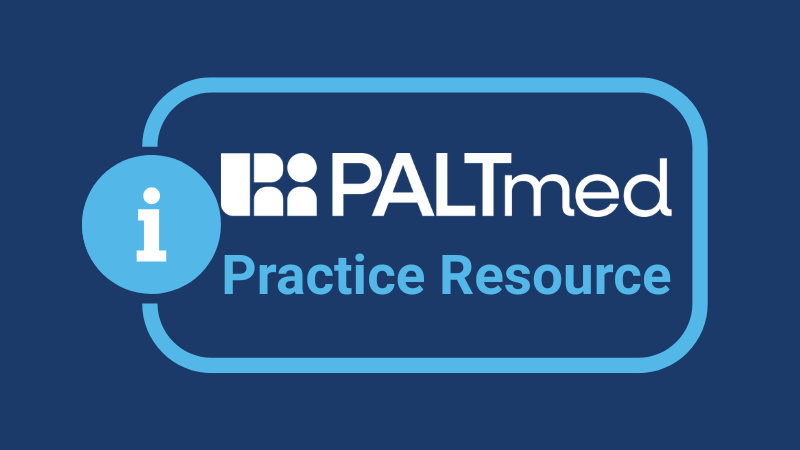April 19, 2023
One hallmark of AMDA is that the organization is proactive and follows through on key issues. Case in point: the Infection Advisory Subcommittee, which was highly engaged during the pandemic but continues to work tirelessly to support members and post-acute and long-term care residents nationwide.
According to Chair Ghinwa Dumyati, MD, the group is currently refocusing on antimicrobial stewardship, which was put on the back burner during the pandemic. “This is a big focus moving forward.,” says Dr. Dumyati. Vice-Chair Muhammad Salman Ashraf, MBBS, adds, “People are ready to prioritize antimicrobial stewardship again. We are working to enhance tools and resources to support their efforts.” They are also putting together a resource for early recognition of sepsis in nursing homes and how to stabilize patients, communicate information among the care team, etc.
The subcommittee made presentations at the PALTC23 Annual Conference about antimicrobial stewardship, enhanced barrier precautions, and infection control in assisted living. The group is also updating AMDA’s Immunization Toolkit, which addresses the immunization of residents and staff in the post-acute care setting. Additionally, they are collaborating with emergency physicians on a document to optimize the testing and treatment for urinary tract infections in the emergency room which coincides with AMDA’s Choosing Wisely recommendation on this issue.
While the focus is moving away from COVID to some degree, it is very clear that infection control is very much on the minds of practitioners. Dr. Dumyati says, “Our annual conference sessions were packed. There was a lot of interest and tremendous audience involvement. People had excellent questions, and we had some good discussions.” She also notes that participants were very willing to share their experiences and best practices.
The good news is that providers and practitioners have learned much from the COVID pandemic. As Dr. Ashraf explains, “Our experiences through the pandemic have prepared the nursing home, in general, to deal with outbreaks much better. We also have more knowledge about how to prevent infections and respond promptly to them when they are unavoidable.” Awareness has been raised, he says, and everyone has a much better understanding of issues such as the role of ventilation in preventing respiratory virus transmission and the important role of infection surveillance using standard mechanisms or platforms.
Dr. Dumyati notes that the pandemic also helped elucidate the unique challenges nursing homes face in dealing with infections. “This setting is different from hospitals and has its own infection risks to contend with. Our patient population is very frail and at high risk for infections,” she says. She also explains that this has brought the attention of legislators and other stakeholders to the importance of focusing on how to improve nursing home care.
It will be important, the duo emphasizes, to promote the lessons learned from the pandemic. For instance, Dr. Ashraf says, “We learned about the need for dedicating enough time to infection control and the important role of the medical director, who can drive policies and promote resident safety and efforts to reduce disease transmission in the facility.” Dr. Dumyati adds, “We also learned that immunization of staff is as important as those for residents. Studies show that high staff immunization lowers the incidence of outbreaks and the risk to residents.”
Nurturing some of the partnerships and connections established during the pandemic will be another focus of the subcommittee. Dr. Ashraf notes, “State-driven initiatives and collaboratives that provided guidance and expertise were so significant and, in some cases, a lifeline. We learned that it is appropriate for nursing homes to reach out to state health departments to help understand and address these types of situations. Those interactions are so valuable.”
Drs. Dumyati and Ashraf and their subcommittee members have worked tirelessly throughout the pandemic and ever since, and they wouldn’t have it any other way. Dr. Dumyati says, “For me whenever I see a problem, I want to find a solution. I want to make things better. I feel like it is my duty to get involved and help.” Dr. Ashraf adds, “To me, it’s all about learning from each other’s experiences and working collaboratively. I enjoy being part of this community that gives me the dual benefit of helping and learning.”



